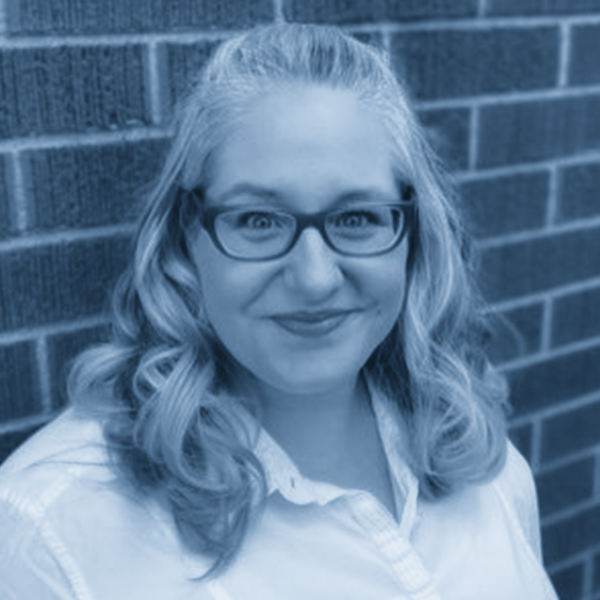With just days until the May 2 federal election major polls across the country are showing a surge in popularity for the NDP, who have sprung to an estimated 69 seats – nine more than the Liberal’s projected 60 – according to the Laurier Institute for the Study of Public Opinion and Policy (LISPOP).
Dr. Barry Kay with LISPOP said although the NDP have made strong gains in Quebec and Atlantic Canada, Ontario remains largely the same as at the beginning of the race.
“I don’t think there is sufficient evidence in the province of Ontario for me to suggest that things are different,” Kay said.

LISPOP shows the ridings of Kitchener-Waterloo and Kitchener Centre, largely considered bellwether ridings for this election, are within a three per cent margin and are therefore too close to call. The riding of Kitchener-Conestoga, however, remains what Kay called “comfortably conservative.” Kay also called Cambridge for the Conservatives, and said Guelph was too close to call.
“Those three seats being as competitive as they are makes the residents of this region quite unique in having an opportunity to influence the determination of the whole election, whether there is a majority or minority,” said Kay. “That’s more competitive seats just within our region, including Guelph, than exist in the entire three Prairie provinces.”
Just as in the 2008 federal election, Kay predicts both contentious Kitchener ridings may come down to a handful of votes on election day.
Voters were already making their way to the ballot box over the Easter weekend, turning out in record numbers at advanced polls: voting on Apr. 22, 23 and 25 increased by 33 per cent over the advanced polls in the 2008 election. Kay said there is not enough research to show whether the increase in voter turnout will hold true for Monday as well, but he would like to believe so.
“We don’t have enough history on these things to judge (voter turnout) and the number of people voting in advanced polls has been on the increase in recent elections,” he said. “Logic would suggest (the advance polls) might suggest a rise in voter turnout.”
Pollsters continue to predict those voters will wake up to Stephen Harper’s third minority on Tuesday morning and with much speculation about who will lead the next government, Kay said there was no question in his mind Harper will choose to remain in power. The Conservatives “are going to have the largest number of seats and form the government,” he said.
Despite the predictable outlook for the Tories, Kay said this election will set a precedent as, for the first time in Canadian history, the NDP have a chance to form the official opposition.
“It’s going to have enormous implications,” he said. “The NDP will have a much more national voice and it will have genuine representation across the country. This may all lead to a re-thinking of the relationship between the Liberals and the NDP.”







